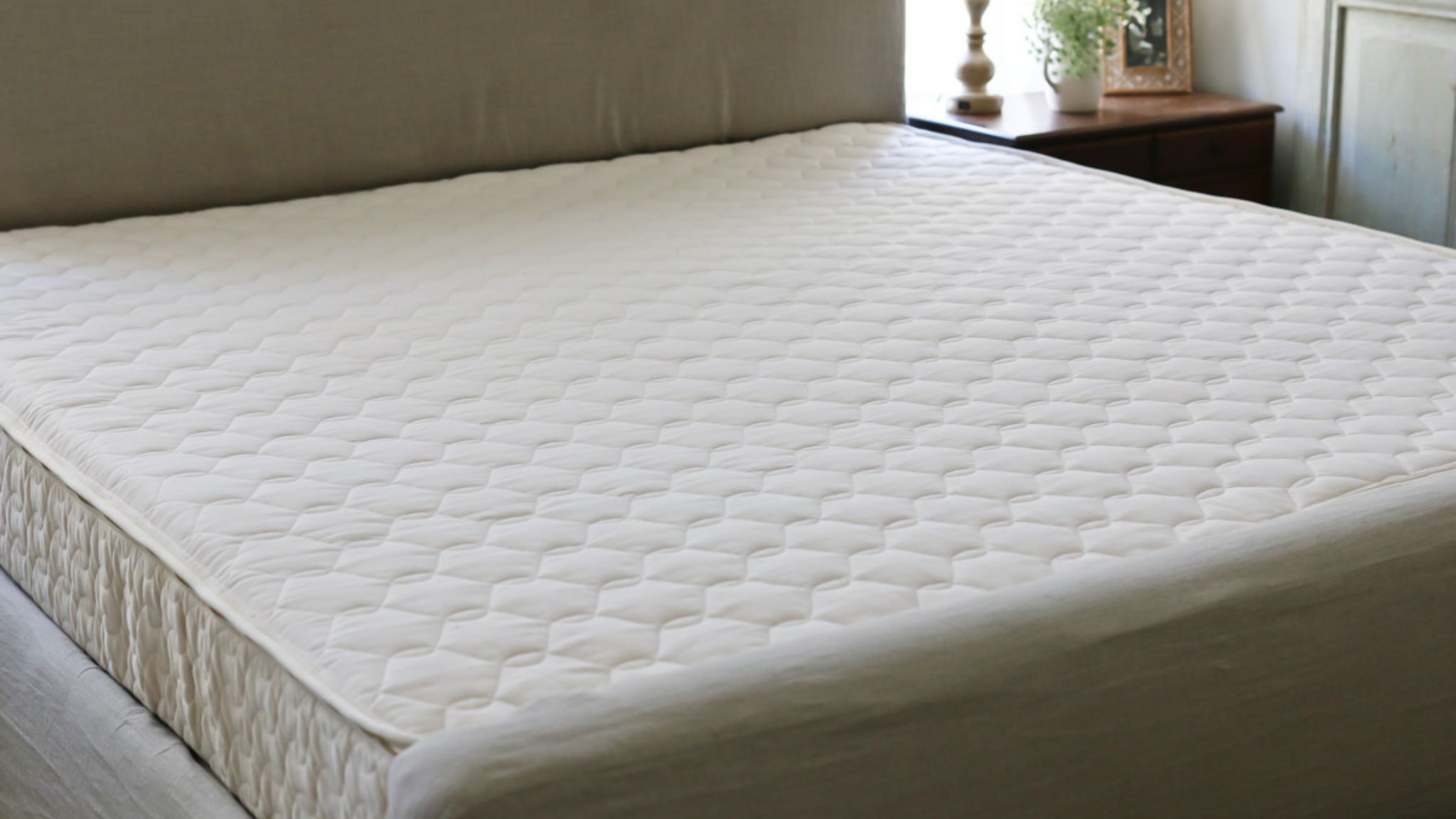When you think of sleeping on the floor, you may think of your childhood days, your friends huddled in the basement talking after lights out in their sleeping bags. Or perhaps you think of camping with the night sky above you, listening to crickets chirping with the hard ground beneath you. However, there are households where sleeping on the floor is actually the norm.
This article will dive into the benefits of sleeping on the floor, such as a cooler sleep and saving money, along with the downsides. Plus we will look at cultural connections when exploring the history of sleeping on the floor.
What is the history behind sleeping on the floor?
There are many cultures in history where sleeping on the floor was part of the nighttime routine, either because of the firmness and coolness of the floor, or simply because modern mattresses were not invented yet.
Let’s take a trip to the beautiful country of Japan, a place where minimalism sparks joy and freedom. Through Japanese minimalism, the mind is cleared rather than cluttered, finding excess belongings to hinder spiritual growth. A minimalist lifestyle is the antithesis of materialism, where less is more. In Japanese minimalist culture, it is believed that you cannot be fully present and mindful of the most important things in life while surrounded by too many physical objects.
Excess furniture can be seen as taking up too much space, both mentally and physically. This is why it is not uncommon to sleep on the floor, either with a firm futon or a thin mat called a Tatami Mat, which can be rolled up and put away during the day, keeping the space open. You can’t do that with a typical mattress & platform bed.
Cushions and pillows are used as well for extra comfort and support.
While modern western versions of beds are becoming more popular in Japan, sleeping low to the ground, or on the floor itself, is still common.
Is sleeping on the floor good for you?
Yes, there are benefits to sleeping on the floor, but of course it is not for everyone. The majority of people in the United States sleep on a mattress.
Is sleeping on the floor good for your back?
Some people prefer sleeping on the floor because the floor has a significantly firmer feel than a mattress. It depends on the origin of your back pain, but in some cases, sleeping on the floor can help alleviate back pain and improve spinal alignment and with that, posture. Keep in mind though that the opposite effect may also happen (back pain increases).
Benefits of Sleeping on the Floor
- Saving money: A mattress and platform are an investment. Some people prefer to save their money with a more simplistic bedroom set up. It may simply include a mat, comforter, and pillow, or perhaps a futon mattress. Either way, it will be less expensive. Financial comfort and living without excessive debt definitely improves your mental well-being.
- Embracing minimalism: As expressed above when noting Japanese culture, a minimalist lifestyle can have mental health benefits and decrease stress.
- More space: When you have less furniture and possessions in general, there is more space in your home, making it feel larger.
- Massaged muscles: The firm floor puts what some say is a comforting pressure on the muscles, tightening and strengthening them.
- Sleeping cool: Hot air rises, so it makes sense that sleeping on the floor offers a cooler sleep experience and more air circulation.
Disadvantages of Sleeping on the Floor
- Less cushioning for hips & shoulders: Not ideal for side sleepers who need pressure point relief.
- Might be difficult to get up: Harder on the knees for those who struggle lifting themselves up.
- Increased exposure to allergens: This is especially true for carpeted floors, where you are exposed to more dust mites, pet dander, and dirt. The floor in general is not as clean as freshly laundered sheets on a bed.
- Increased back pain: It is possible to have even more back pain from sleeping on the floor. The floor may not support the natural curve of your spine, and the lack of cushioning can cause stiffness and discomfort.

Choosing a Mattress
If sleeping on the floor is not for you, there are plenty of supportive mattresses available.
If you are a side sleeper, typically you will gravitate towards a softer mattress that will offer cushioning and pressure point relief for the hip and shoulder.
If you are a back sleeper, you will typically want a mattress that is medium-firm, though some people like a very firm mattress. If your back pain is nerve-related, firmer is better.
If you sleep on your stomach, a firm mattress is crucial. If you sink into your mattress, this will cause back pain. It’s important to note that in general, we do not recommend sleeping on your stomach since it negatively impacts spinal alignment, puts pressure on the diaphragm, and can cause neck pain.
We recommend choosing a customizable organic mattress. The customization aspect will allow you to choose the exact feel you want, while the organic element means it is not made with any harmful chemicals or toxic materials, giving you peace of mind.
The Serenity mattress is GOTS-certified organic and includes customizable layers of supportive natural latex. The casing is made of organic cotton and organic wool.
We especially love this mattress because both sides of the mattress can differ, meaning you and your partner do not have to compromise comfort if you have opposite firmness preferences.
Whatever you decide, we hope you prioritize your comfort and choose the sleep environment that is in tune with your body’s needs.
